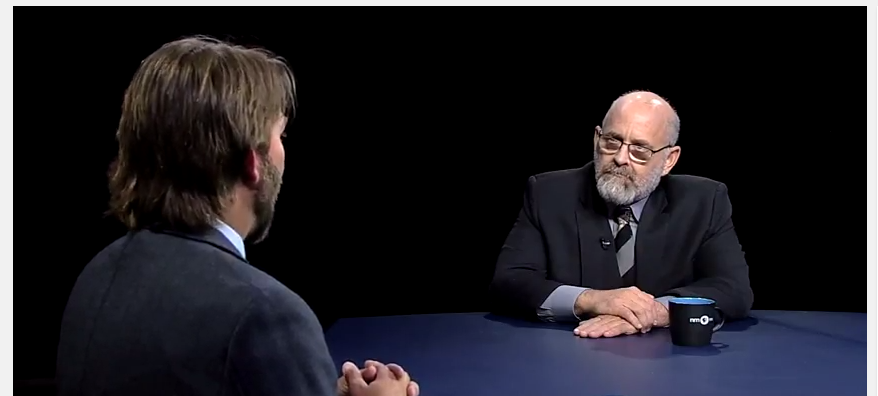On May 7, New Mexico In Depth published a story that closely examined the mechanics and results of a high-profile undercover sting operation conducted by the federal bureau of Alcohol Tobacco Firearms and Explosives (ATF) last year in Albuquerque.
At a news conference in August, federal officials trumpeted the sting operation as an “unprecedented” success, saying they brought in “the best of the best to deal with the worst of the worst.”
NMID found a far more complicated picture. Rather than the “worst of the worst,” ATF arrested many low-level individuals who were struggling with substance abuse issues. Some were homeless or living in cars. Many of those arrested were not the violent, hardened criminals or the big-time traffickers federal officials said they were after.
And, of 103 people arrested, twenty-eight were black — that’s 27 percent, in a city with a 3 percent black population, in a state where African Americans made up just 5 percent of federal court defendants in drug and gun cases between 2006 and 2015.
In our story, we featured Yusef Casanova, a black man with a long criminal record preceded by a horrific childhood who was living in his car struggling with a meth addiction when he was caught up in the sting. Casanova sold a gun to an undercover agent last June and brokered a deal for some methamphetamine, which had been delivered to the scene of the transaction by a white man named “John.”
Casanova is now facing more than a decade in federal prison. “John” was never arrested.
Last week, I sat down for an interview on KNME’s news program, New Mexico in Focus, with Casanova’s lawyer, federal public defender Brian Pori. A veteran defense attorney, Pori has represented clients like Casanova in state and federal court in New Mexico for years.
Pori and I explored in some detail a few of the ideas and concerns he raised when I interviewed him for our story about the sting operation.
We talked about what immediately caught his eye about Casanova’s case and how it represented a microcosm of larger problems Pori saw with the ATF operation.
“The idea that someone tells an informant: ‘I’m not a drug dealer,’ and yet the ATF is like: ‘That’s OK. As long as we get some dope in our hand, someone to prosecute, that’ll be fine,’” Pori told me. “That’s troubling enough. But when a white person brings the drugs and drives away with the money and never gets arrested, and the black guy is arrested, the optics and the fundamental unfairness of that is just too troubling to ignore.”
We talked about race and the criminal justice system more broadly — how implicit bias and basic human fears can lead to disparities in all aspects of the system.
“From Yusef’s perspective, he’s looking around at other people who were arrested in this sting operation,” Pori said. “He knows that the person who sold the drugs is white and was never arrested. And he sees all these other African Americans caught up in the sting. And he begins to feel that the system is racist, that the system is designed to punish African Americans disproportionately.”
Or this one:
“What’s happened in America is people of color have been labeled with a broad brush, that they’re more likely to be the bad guys,” Pori said. “Good guys look like me, bad good guys look like not me. The result is, of course you’re going to have a system that’s racist, that disproportionately affects people of color and poor people and people who are addicted.”
Pori also described the difficult road ahead in trying to prove to a federal judge that the ATF racially profiled Albuquerque to choose its targets for the sting. And we talked about changes he hopes the nation’s leading law enforcement agency in the fight against gun crime will make after public exposure of its Albuquerque operation — regardless of how things turn out in court.
“What I would like to hope comes out of this, if nothing else, is that the next time the Alcohol Tobacco and Firearms agency takes a traveling roadshow of law enforcement agents and confidential informants into someone else’s town, that they don’t arrest 27 out of 100 people of color,” Pori said, “that the ATF will at least begin to try to think about how their implicit bias may affect their enforcement decisions. How the criminal justice system is racist to begin with, and they, compounding that problem, is something they need to address.”
Feds’ sting ensnared many ABQ blacks, not ‘worst of the worst’
